Hong Kong Airport Trialing Full-Body Disinfecting Machine For Passengers
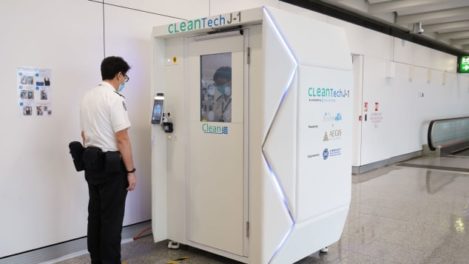
Hong Kong Airport Trialing Full-Body Disinfecting Machine For Passengers
Hong Kong International Airport is experimenting with new technology to disinfect passengers. The airport is the first in the world to hold live trials for a full-body disinfecting machine. The technology may provide a glimpse into the measures airports might take in response to the coronavirus pandemic.
In a press release, the Hong Kong Airport Authority said:
HKIA is the world’s first airport where “CLeanTech”, a full-body disinfection channel facility, is trialled in live operation. Persons using the facility will have a temperature check before entering an enclosed channel for the 40-second disinfection and sanitizing procedures. The interior surface of the channel is equipped with antimicrobial coating which can remotely kill virus and bacteria on human bodies and clothing by using the technologies of photocatalyst and “nano needles”
Earlier this month, the Airport Authority deployed robots to disinfect public areas. The robots are equipped with ultra violet light sterilizer and air sterilizer. The Airport Authority says the robots kill 99.99% of bacteria in its vicinity in just 10 minutes. The robots disinfect both air and hard surfaces, an advantage given how the virus spreads through air droplets.
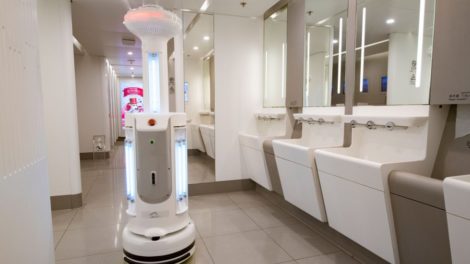
In addition, the Airport Authority is experimenting with antimicrobial coating on passenger surfaces. The invisible coating is applied to high-touch surfaces in order to kill bacteria and viruses. The airport uses the coating to disinfect toilet seats, people movers, kiosks, elevator buttons, and more.
Is This The Future?
Hong Kong’s trial may provide insight into the lengths facilities like airports will go to build consumer confidence. One of the difficulties the travel industry faces in getting people in the air again is making them feel safe from the virus However, it’s important to note that the CDC says the risk of catching the virus on an airplane is low.
That being said, there is a psychological aspect to a person’s comfort. And feeling cleaner just may be what people need to feel comfortable about flying again. It’s a challenge airlines, airports, hotels, and other travel companies have to deal with once stay-at-home orders are lifted.
Bottom Line
While the technology is intriguing, it’s not clear to what extent testing occurred on the actual transmission rate using full-body disinfecting machines. For example, if a person is asymptomatic it seems the technology is not as useful. That person’s hands and other surfaces may be disinfected for a short time. But as soon as that person touches their face or mouth again, they will potentially be able to transmit the virus. Therefore, people in that circumstance seem to still be susceptible to infection.
Overall, I think the airport’s effort to clean surfaces more thoroughly is a great move. Not taking into account coronavirus, cleanliness in public areas is a worthwhile goal. The airport’s effort to use antimicrobial coating and robots that clean more frequently and thoroughly is progress regardless of the status of coronavirus.
Hotels, airlines, and short-term rentals like Airbnb also introduced new cleaning standards. That’s overall a good thing, in my opinion. But it also raises the question of why that isn’t always the standard. Cleanliness is critical, and I would like to see travel companies make it a priority in the years ahead, regardless of the status of coronavirus.

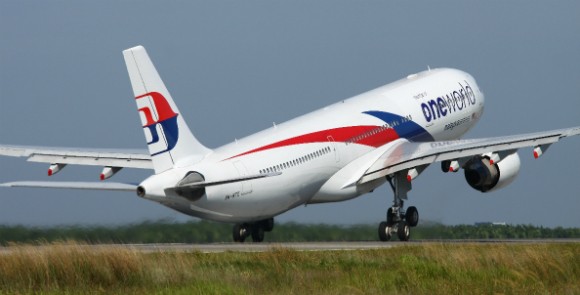
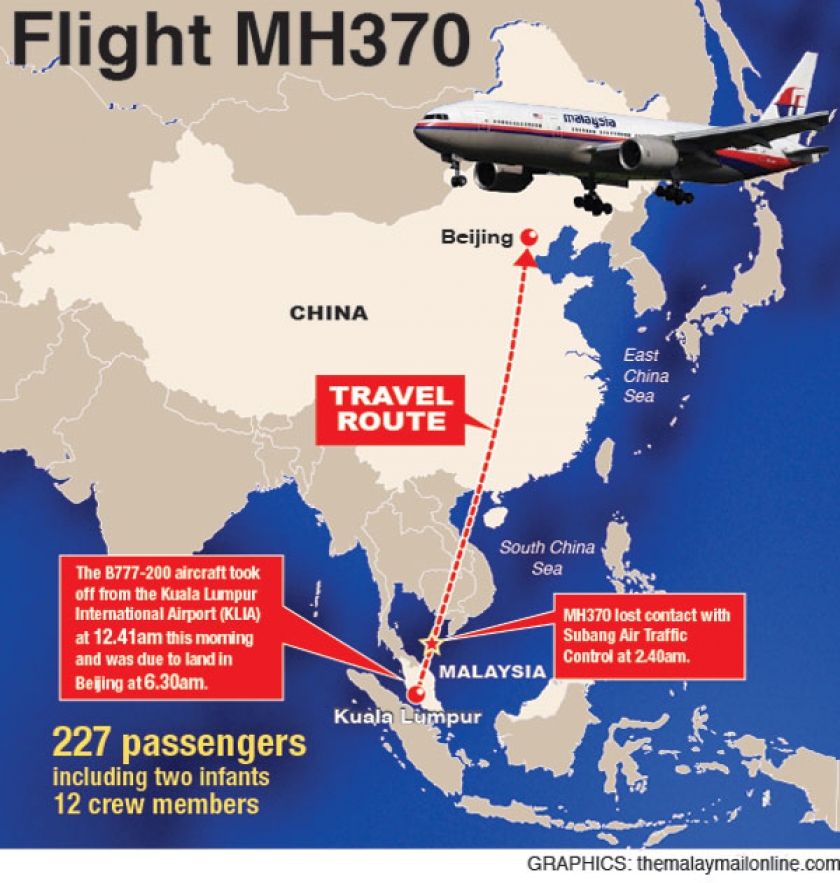
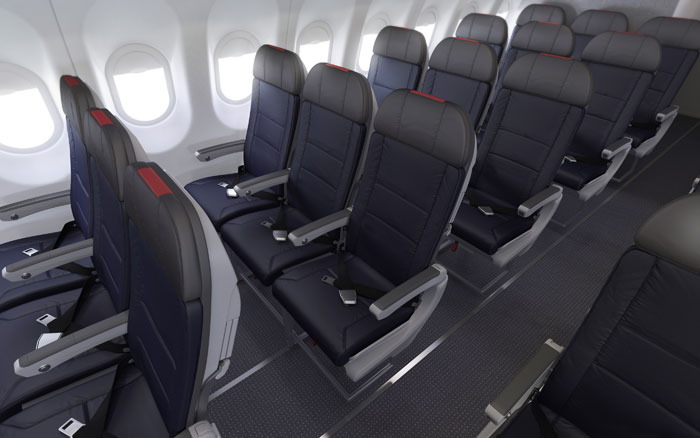
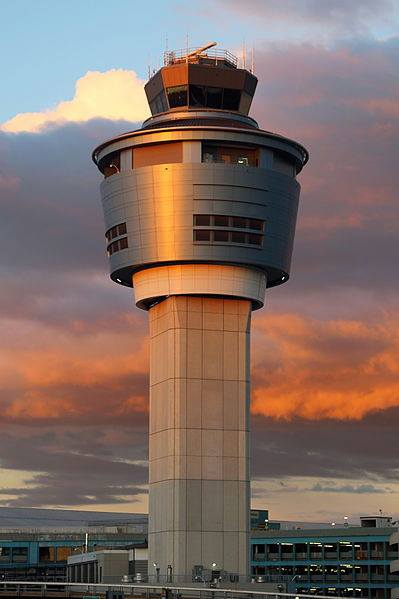
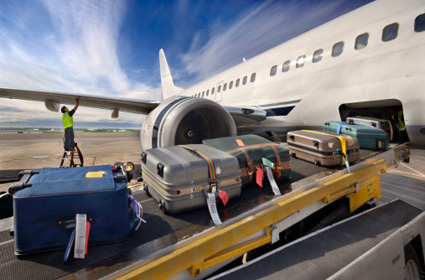

One Comment
Comments are closed.